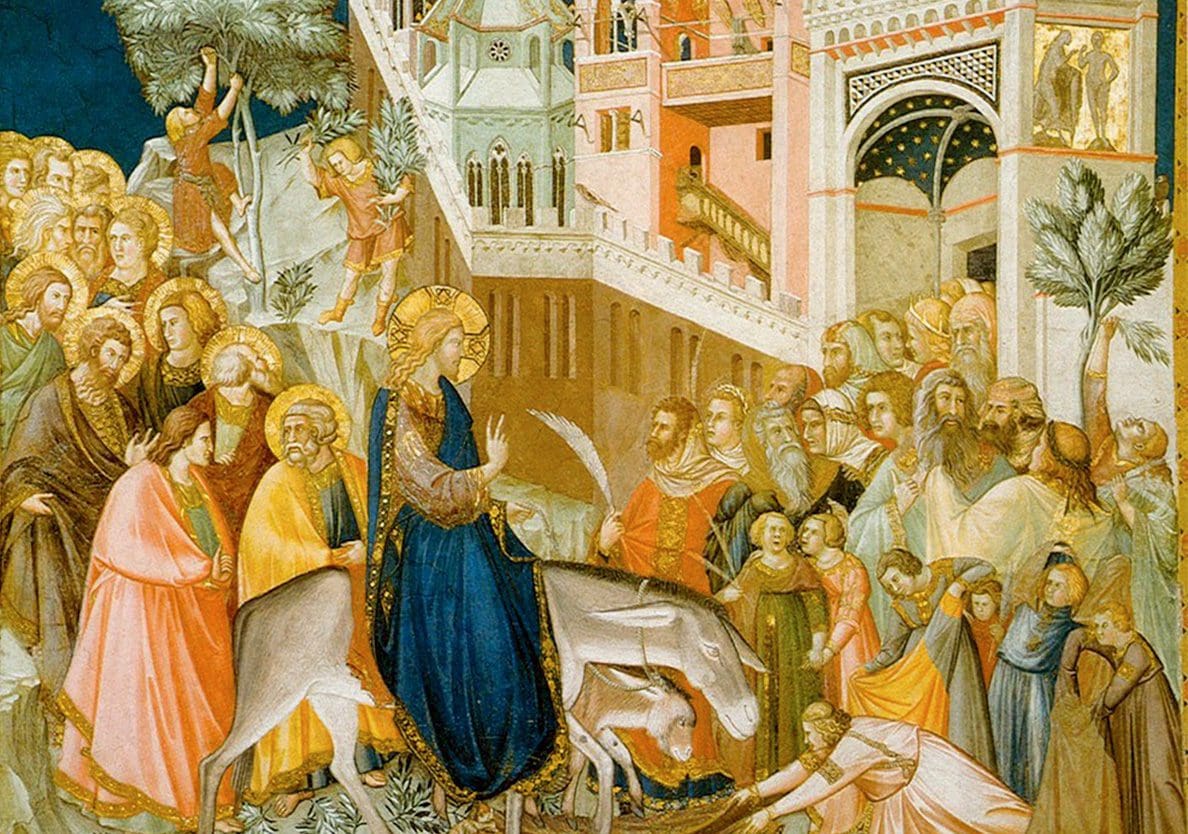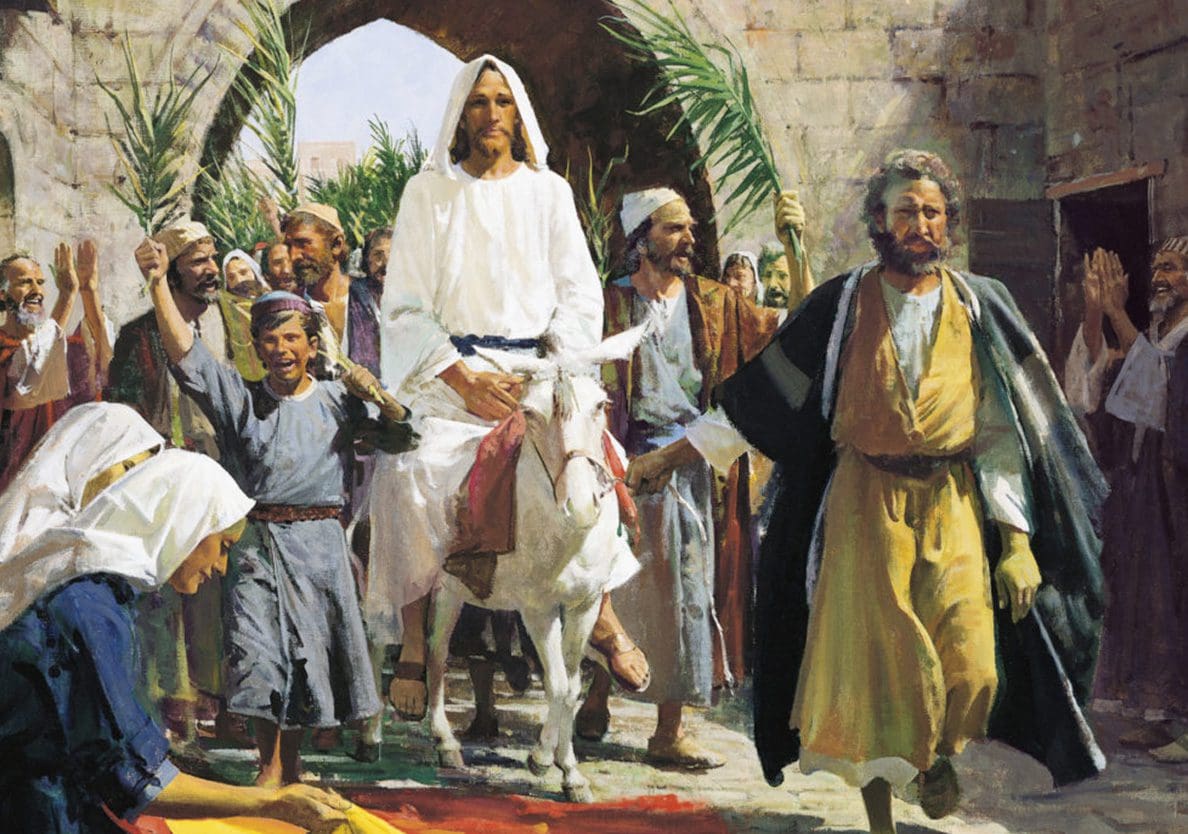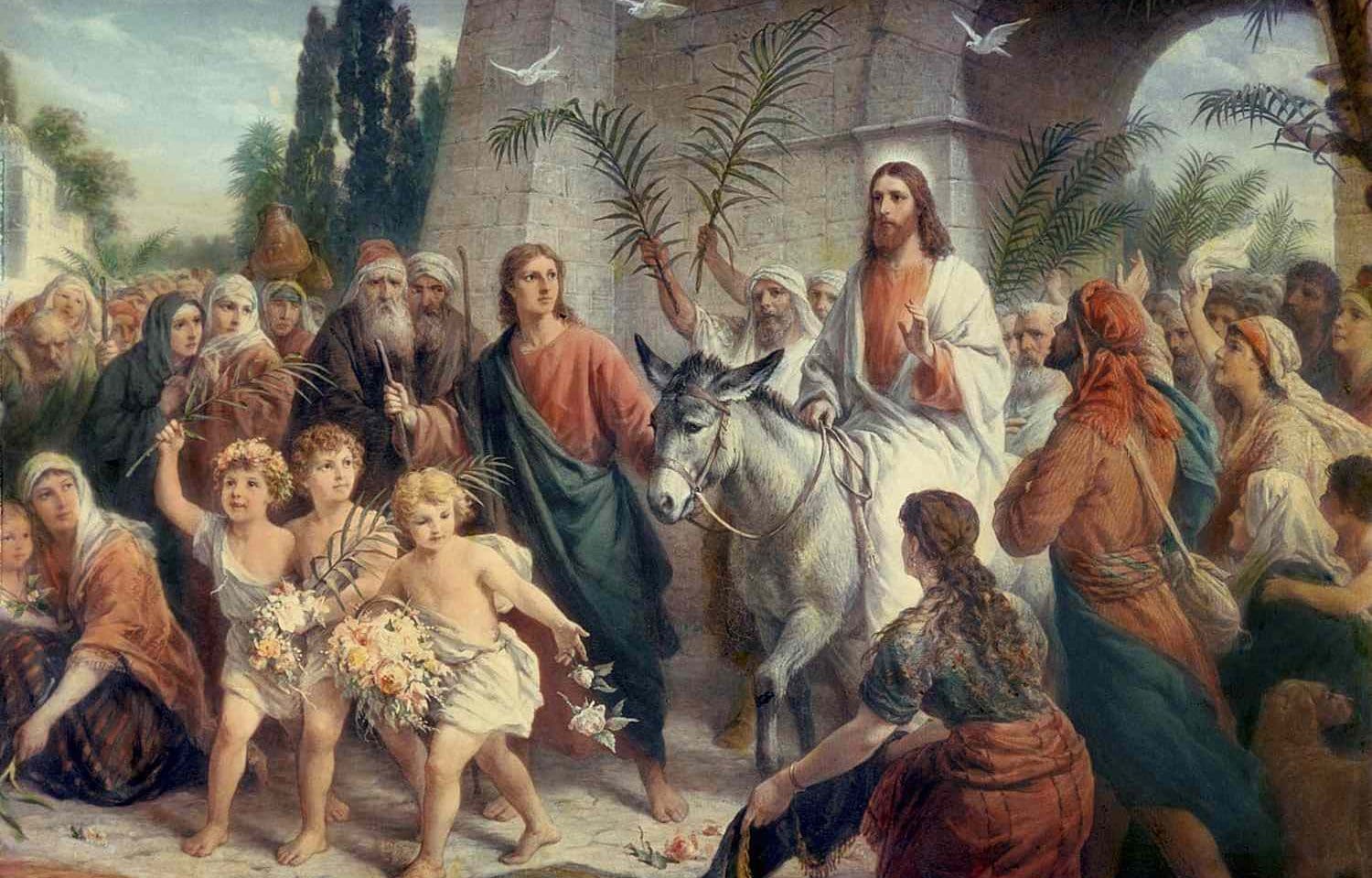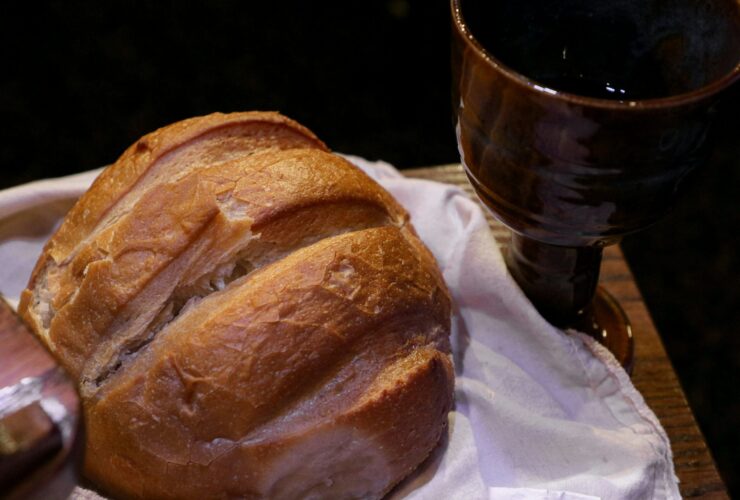“But thanks be to God,” declares Paul, “who always leads us as captives in Christ’s triumphal procession and uses us to spread the aroma of the knowledge of him everywhere. For we are to God the pleasing aroma of Christ among those who are being saved and those who are perishing. To the one we are an aroma that brings death; to the other, an aroma that brings life” (2 Corinthians 2:14-16).
Here the apostle seems to compare our triumph in Christ to that of a Roman military triumphal procession which was one of the grandest spectacles of ancient times. In fact, such processions were only granted to a conqueror when certain conditions were met. Included among these was that the victory had to be complete and decisive, and it had to be over a foreign foe. In addition, at least 5,000 of the enemy had to have been slain in a single battle and the conquest had to have extended beyond the territory of the state and put an end to the war.[1]
“And having disarmed the powers and authorities, He made a public spectacle of them, triumphing over them by the cross”
Colossians 2:15
When all the required conditions were met then a day was appointed for this grand and very public spectacle. On this day: “The temples were all open and decorated with flowers, while incense smoked from every altar. Fragrant odors from burning spices were profusely scattered through the temples and along the streets, loading the air with their perfume. In the procession were the senate and chief citizens of the state, who thus by their presence honoured the conqueror. The richest spoils of war, such as gold, silver, weapons of every description, standards (military flags), rare and costly works of art, and everything that was deemed most valuable by either conqueror or vanquished, were carried in open view of the crowded city. The prisoners of war were also compelled to march in the procession. The general, in whose honor the triumph was decreed, rode in a chariot which was of peculiar form and drawn by four horses. His robe was embroidered with gold, and his tunic with flowers. In his right hand was a laurel bough, and in his left a sceptre; while on his brow there was a wreath of Delphic laurel. Amid the shouts of the soldiers and the applause of the populace the conqueror was carried through the streets to the temple of Jupiter, where sacrifices were offered, after which there was a public feast in the temple.”[2]


It is to this grand spectacle which Paul is no doubt alluding to in this 2 Corinthians 2 passage and also in Colossians 2:15 where he declares: “And having disarmed the powers and authorities, He [God] made a public spectacle of them, triumphing over them by the cross.” Paul portrays Christians as “captives in Christ’s triumphal procession” who spread the aroma (or knowledge) of Him everywhere. And just as the fragrances of the Roman procession were inhaled by both the captives of war doomed to die, as well as the victors; so too will “the pleasing aroma” of Jesus Christ, the great and ultimate Conqueror be diffused “among those who are being saved and those who are perishing. To the one we are an aroma that brings death; [but] to the other, an aroma that brings life” (2 Cor. 2:15-16).

Ryan Hembree is a daily co-host, speaker, and writer of Bible Discovery. He also hosts a YouTube channel that shows the unity of the Bible and how science and Scripture fit together. Ryan also has an honorary Masters of Ministry in Creation Science from Phoenix University of Theology.







Very clear explanations, thank you very much sir.